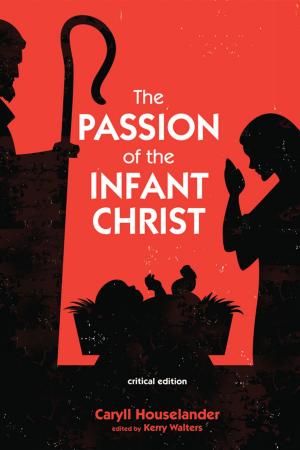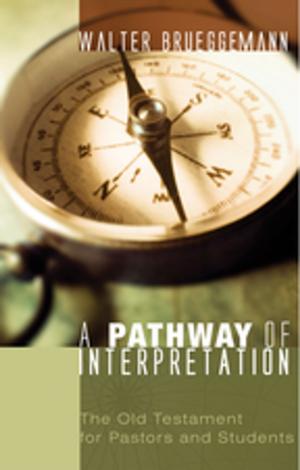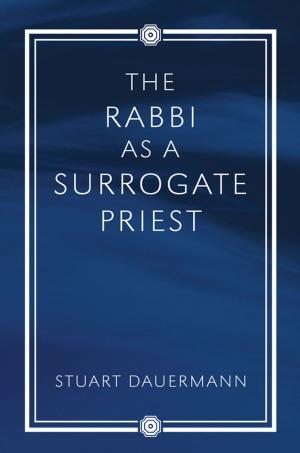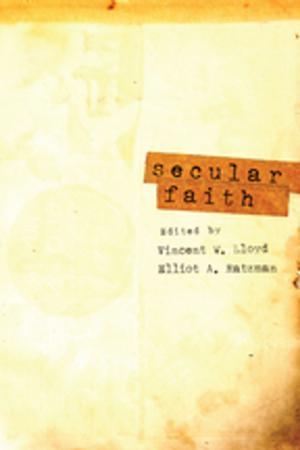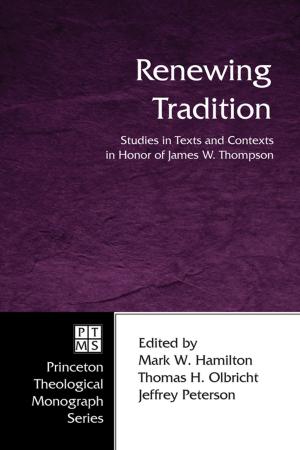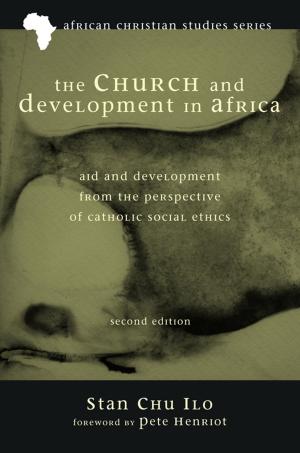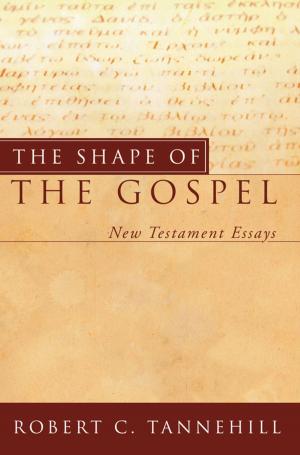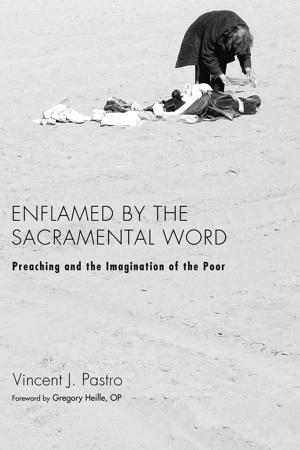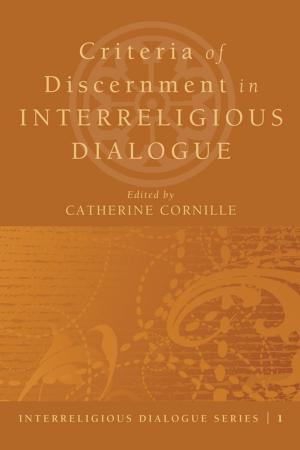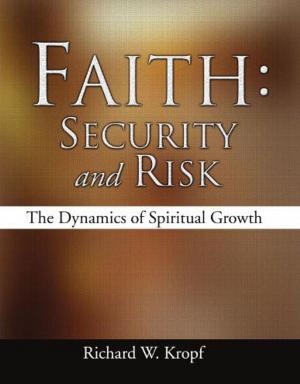Reasonable Radical?
Reading the Writings of Martyn Percy
Nonfiction, Religion & Spirituality, Theology| Author: | ISBN: | 9781498242837 | |
| Publisher: | Wipf and Stock Publishers | Publication: | January 16, 2018 |
| Imprint: | Pickwick Publications | Language: | English |
| Author: | |
| ISBN: | 9781498242837 |
| Publisher: | Wipf and Stock Publishers |
| Publication: | January 16, 2018 |
| Imprint: | Pickwick Publications |
| Language: | English |
One of the most interesting voices in the Academy and the Church today is Martyn Percy. Percy, the Dean of Christ Church Oxford and a leading voice in the Anglican Communion, is both theologically orthodox, yet deeply unconventional. While remaining engaged in the scholarly community, Percy writes with clarity and passion on topics that range from ecclesiology to music, from sexuality to the Trinity, from advertising to ministerial training--he is a polymath. This book is two books in one. The first half contains a series of articles (written both by church leaders and academics) that serve as substantial, critical introductions to Percy's thought. In the second half, the reader gets to hear from Percy himself in a collection of wide-ranging material from his corpus. While producing a dialectical engagement of some depth (as Percy offers written responses to his interlocutors), this volume should prove useful for a variety of communities beyond academic circles, especially ones engaged with contemporary issues facing ecclesiology, churches, and the wider Anglican Communion.
One of the most interesting voices in the Academy and the Church today is Martyn Percy. Percy, the Dean of Christ Church Oxford and a leading voice in the Anglican Communion, is both theologically orthodox, yet deeply unconventional. While remaining engaged in the scholarly community, Percy writes with clarity and passion on topics that range from ecclesiology to music, from sexuality to the Trinity, from advertising to ministerial training--he is a polymath. This book is two books in one. The first half contains a series of articles (written both by church leaders and academics) that serve as substantial, critical introductions to Percy's thought. In the second half, the reader gets to hear from Percy himself in a collection of wide-ranging material from his corpus. While producing a dialectical engagement of some depth (as Percy offers written responses to his interlocutors), this volume should prove useful for a variety of communities beyond academic circles, especially ones engaged with contemporary issues facing ecclesiology, churches, and the wider Anglican Communion.

